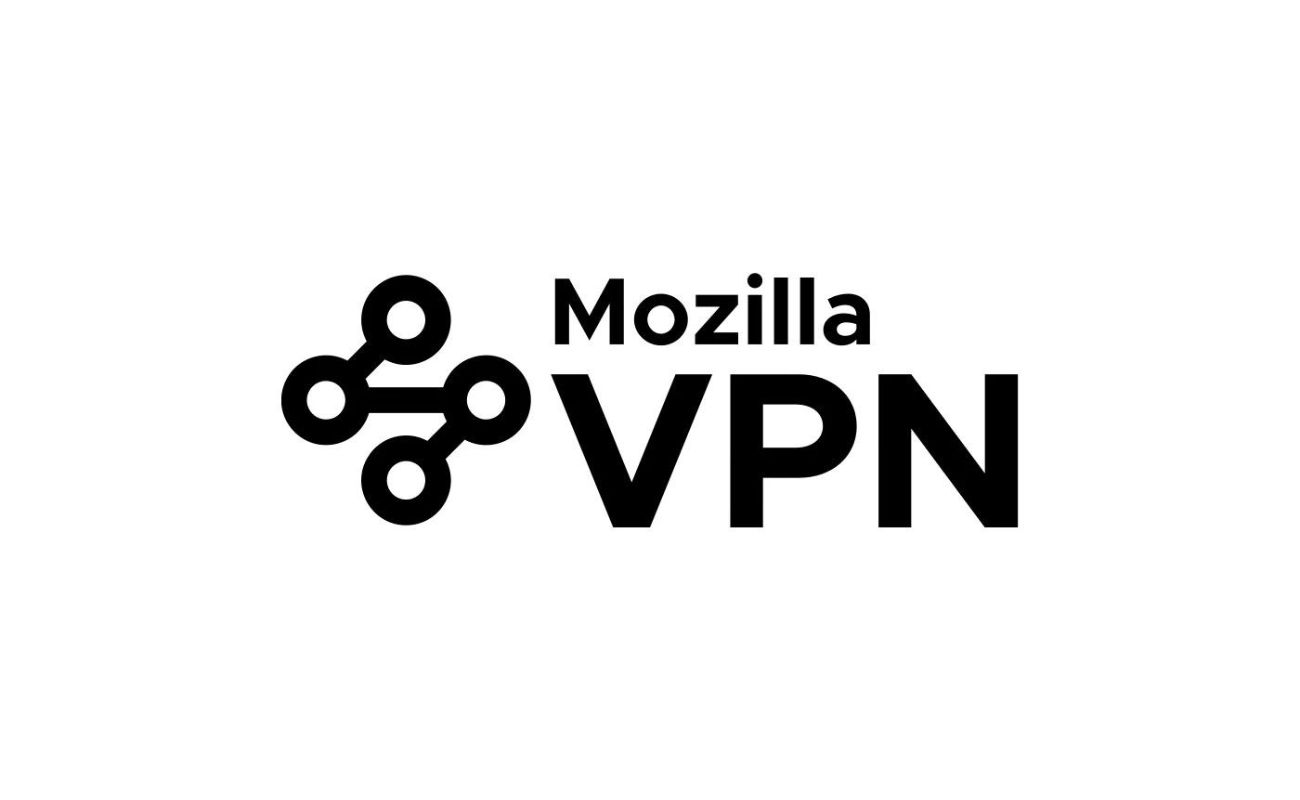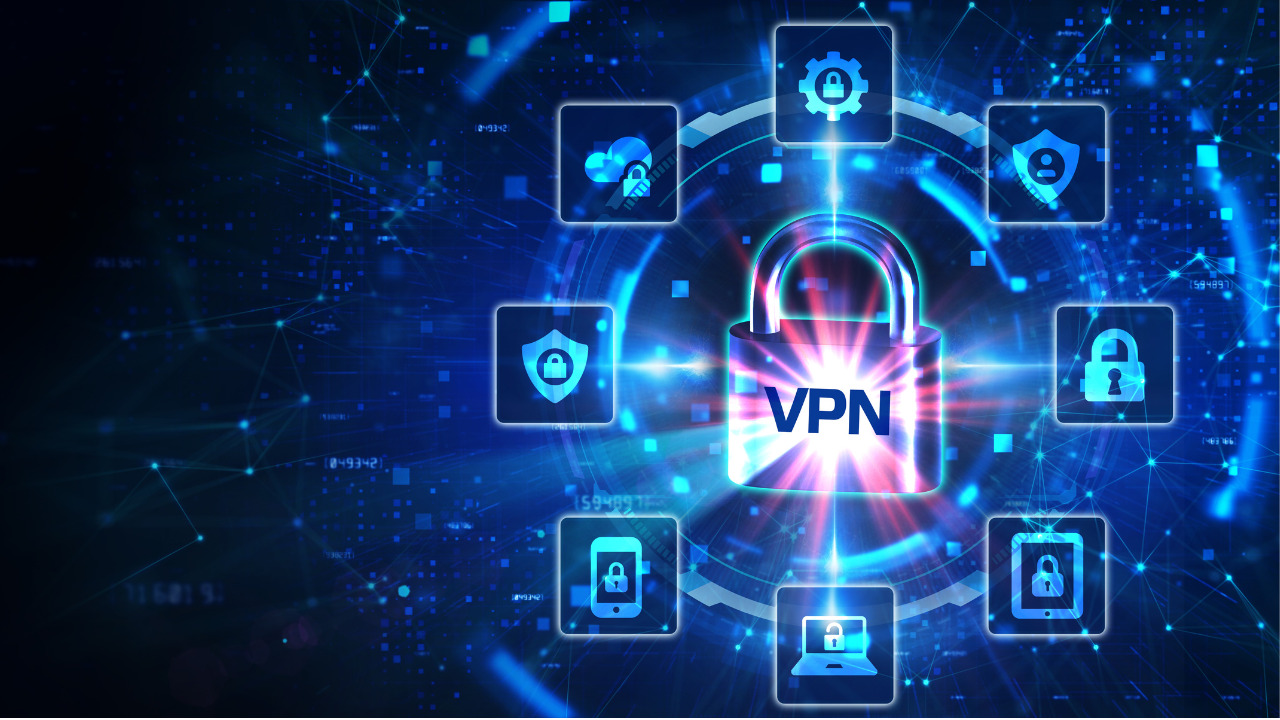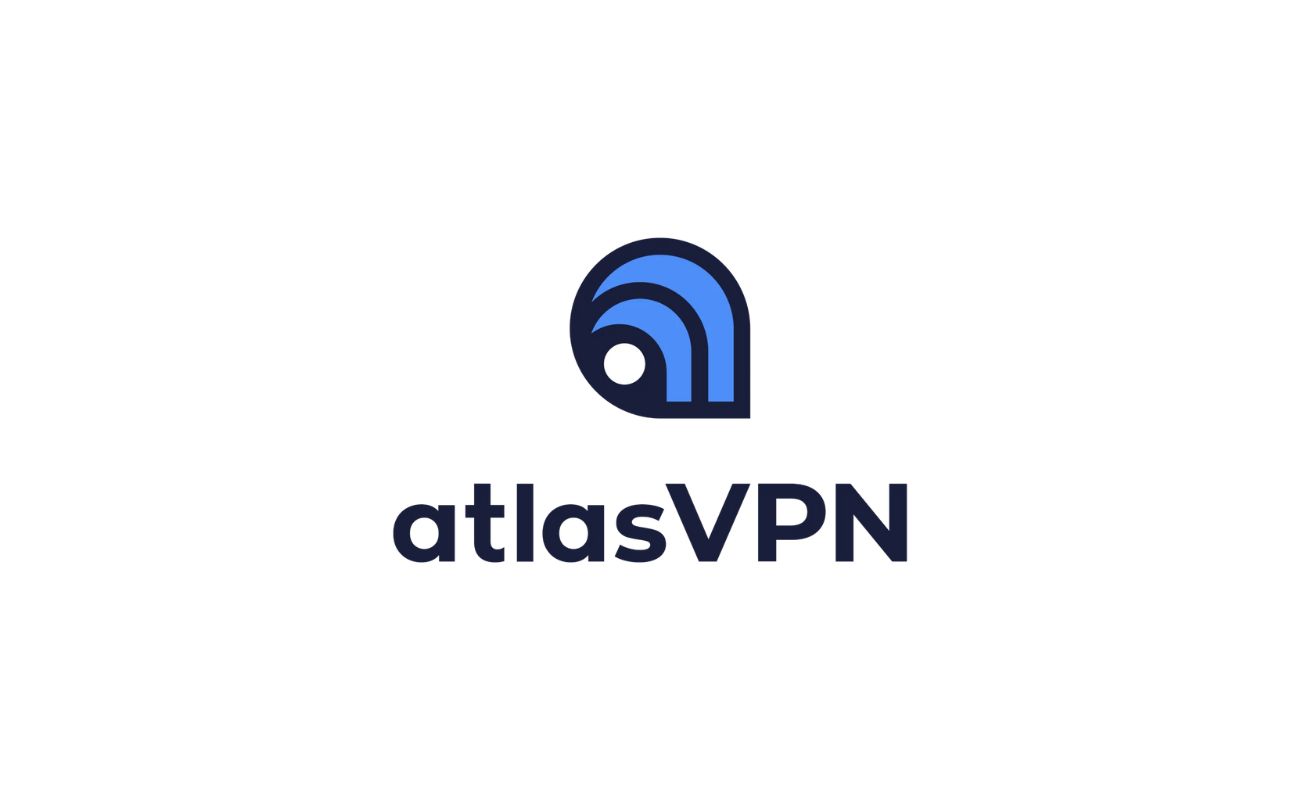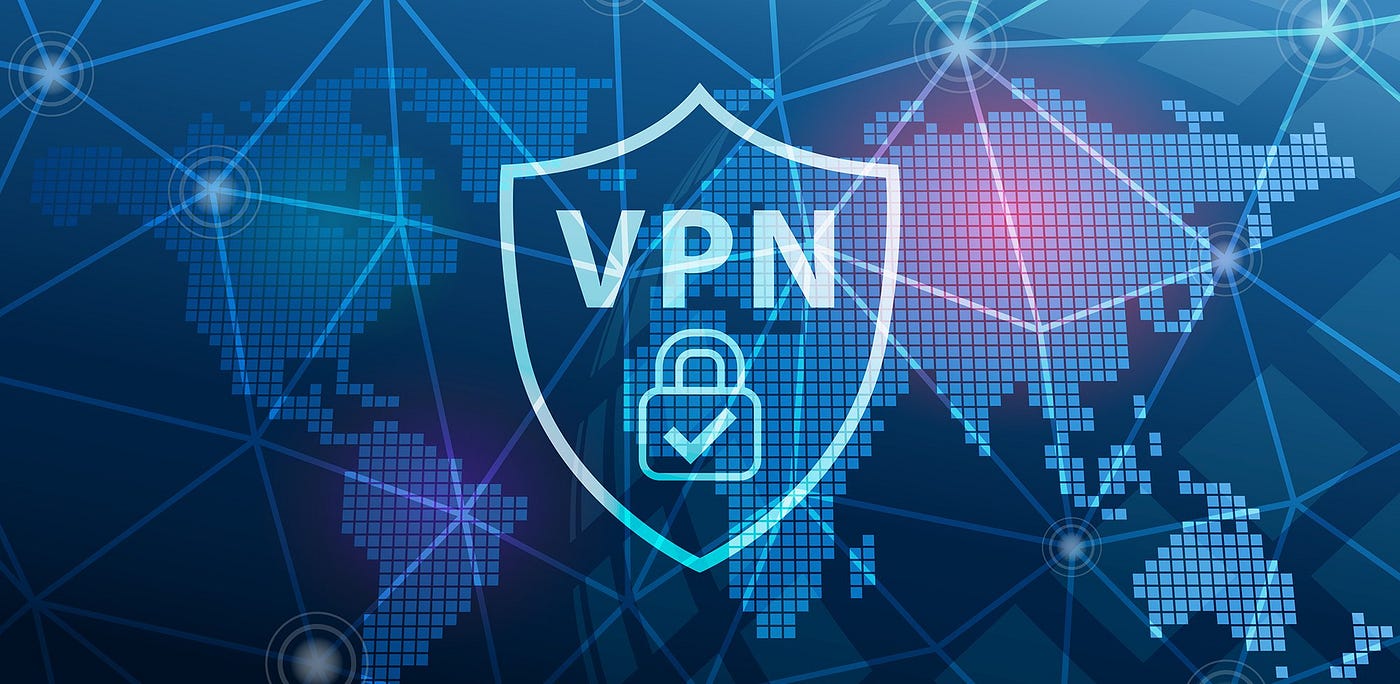Home>Software and Apps>Unlocking the Power of UF VPN: A Tech Blog
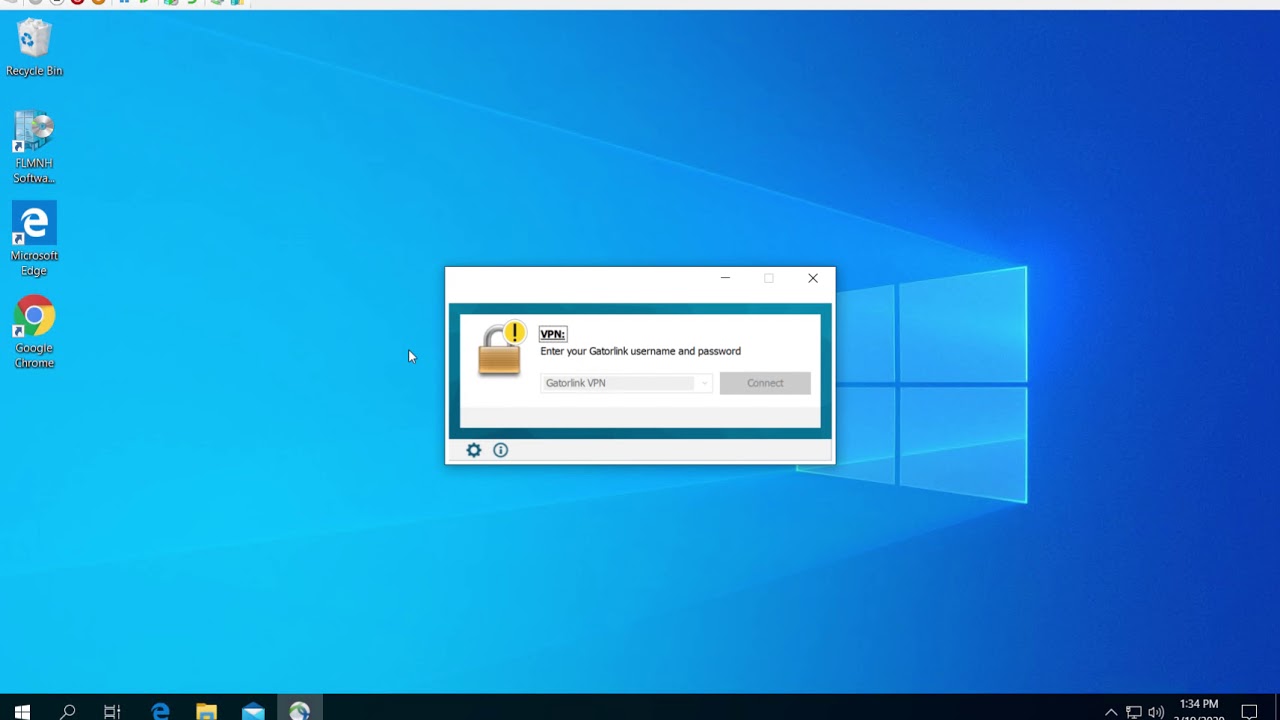

Software and Apps
Unlocking the Power of UF VPN: A Tech Blog
Modified: September 5, 2024
Discover the latest software and apps for unlocking the full potential of UF VPN. Stay updated with our tech blog for expert insights and tips. Unlock the power today!
(Many of the links in this article redirect to a specific reviewed product. Your purchase of these products through affiliate links helps to generate commission for Techsplurge.com, at no extra cost. Learn more)
Table of Contents
What is UF VPN?
The University of Florida VPN, commonly known as UF VPN, is a virtual private network service provided by the university for its students, faculty, and staff. This service creates a secure and encrypted connection between your device and the internet, ensuring data remains private and protected from unauthorized access.
How Does UF VPN Work?
UF VPN uses advanced encryption protocols to secure internet traffic. Here’s a step-by-step explanation:
Connection Establishment
When connecting to the UF VPN, your device initiates a secure connection with the VPN server. This connection uses protocols like OpenVPN, encrypting all data transmitted between your device and the VPN server.
Encryption
Once connected, all internet traffic is encrypted. This means any data sent or received over the internet is scrambled and unreadable to anyone intercepting it.
Secure Tunnel
The encrypted data is routed through a secure tunnel, a virtual path your data takes to reach its destination. This tunnel is protected by strong encryption keys, making it virtually impossible for hackers to intercept and read your data.
Decryption
When the encrypted data reaches its destination, it is decrypted by the receiving end, allowing secure internet access.
Benefits of Using UF VPN
Using UF VPN offers numerous benefits:
Enhanced Security
The primary benefit is enhanced security. By encrypting internet traffic, data is protected from being intercepted by hackers, cybercriminals, or even your internet service provider (ISP).
Privacy Protection
With UF VPN, browsing the internet anonymously becomes possible. Your IP address is masked, making it difficult for websites and advertisers to track online activities.
Access to Restricted Content
Sometimes, certain websites or services are restricted in your region due to geo-restrictions. UF VPN can help bypass these restrictions by making it appear as though you are accessing the internet from a different location.
Protection Against Public Wi-Fi Threats
Public Wi-Fi networks are often insecure, making them a prime target for hackers. Using UF VPN protects against threats like man-in-the-middle attacks and data eavesdropping when using public Wi-Fi.
Compliance with University Policies
For students and faculty, using UF VPN is often mandatory for accessing certain university resources. It ensures all data transmitted is secure and compliant with university policies.
How to Set Up and Use UF VPN
Setting up and using UF VPN is relatively straightforward. Here’s a step-by-step guide:
Step 1: Download and Install the VPN Client
To start using UF VPN, download and install the VPN client software provided by the university. This software is usually available on the university’s IT website or through the UF VPN portal.
Step 2: Launch the VPN Client
Once installed, launch the VPN client on your device. You will be prompted to enter your login credentials, typically including your UF username and password.
Step 3: Connect to the VPN
After entering credentials, click on the “Connect” button to establish a connection with the UF VPN server. You may be prompted to accept the terms of service or agree to the encryption settings.
Step 4: Verify Your Connection
Once connected, verify that you are using the VPN by checking your IP address. Visit a website like whatismyip.com. If using the VPN, your IP address should be masked and appear as though it is coming from a different location.
Step 5: Use the VPN
Now connected, use the internet as you normally would. All internet traffic will be encrypted and routed through the secure tunnel provided by the UF VPN.
Troubleshooting Common Issues
While using UF VPN is generally straightforward, there may be times when issues arise. Here are some common problems and their solutions:
Connection Issues
If having trouble connecting to the VPN, check your internet connection and ensure login credentials are correct. Sometimes, restarting the VPN client can resolve connection issues.
Slow Speeds
If internet speeds are slower than usual while connected to the VPN, it could be due to the encryption process. This should not be a significant issue unless using a very slow internet connection.
Read more: Slow VPN: A Tech Blog
DNS Leaks
In rare cases, DNS leaks can occur, meaning some traffic is not being routed through the VPN. To prevent this, ensure your device is configured to use the VPN’s DNS servers.
Compatibility Issues
Some devices or applications may not be compatible with the UF VPN client. In such cases, use a different VPN client or seek assistance from the university’s IT support team.
Advanced Features of UF VPN
While the basic functionality of UF VPN is straightforward, several advanced features can enhance your experience:
Split Tunneling
This feature allows choosing which applications or websites should use the VPN and which should not. This can be useful if needing to access certain resources not compatible with the VPN.
Kill Switch
A kill switch is a feature that automatically disconnects your internet connection if the VPN drops. This ensures data remains secure even if the VPN connection is lost.
Multi-Protocol Support
UF VPN often supports multiple protocols like OpenVPN, L2TP/IPSec, and PPTP. Each protocol has its own strengths and weaknesses, so choose the one that best suits your needs.
Mobile App Support
Many VPN services, including UF VPN, offer mobile apps for Android and iOS devices. These apps make it easy to stay connected to the VPN on-the-go.
Final Thoughts
UF VPN is a powerful tool for securing your internet connection and protecting data. With advanced encryption protocols and a user-friendly interface, it is an essential resource for anyone looking to improve online security. Whether a student, faculty member, or someone who values privacy, using UF VPN can provide peace of mind and protection from cyber threats.
By following the steps outlined, easily set up and use UF VPN to unlock its full potential. Troubleshoot common issues and explore advanced features to get the most out of this valuable service. Stay secure online with UF VPN.

